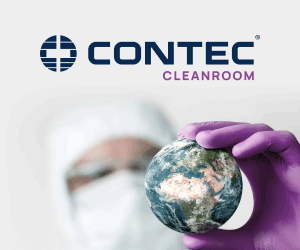Cell Therapy Catapult agrees cell lines licence with iPS Academia Japan
Represents a milestone in the development of major UK stem cell research resource
The UK's Cell Therapy Catapult, which is focused on the development of the UK cell therapy industry, has signed a patent licence agreement with iPS Academia Japan, which represents a major step in the development of the UK's GMP induced pluripotent stem (iPS) cell bank.
Under the agreement, the Cell Therapy Catapult will be able to sub-licence, manufacture and commercialise iPS cell lines for use in early-stage research and clinical trials.
Any organisation undertaking clinical research or commercial use based on the cell lines will need an additional sub-licence, for which not-for-profit organisations, charities and universities will not be required to pay fees if their activities are for non-commercial purposes. Establishment of the cell bank was announced in 2013 with an initial investment of £2m.
Initial iPS cell lines are expected to be available to researchers this year
Keith Thompson, CEO of the Cell Therapy Catapult, said the agreement is a significant step in the establishment of a high quality, GMP grade cell bank.
'Initial iPS cell lines are expected to be available to researchers this year, providing an important tool and growth driver for the UK cell therapy industry,' he said.
iPS cells were first published by Dr Shinya Yamanaka at Kyoto University, Japan, in 2006, leading to the award with Professor Sir John Gurdon of the 2012 Nobel Prize for Physiology or Medicine. The discovery that mature cells can be reprogrammed into other cell types opens up the treatment of a range of diseases. To harness the potential of this technology, iPS Academia Japan was established in 2008 to manage patents and patent applications relating to stem cells, mainly iPS cells, under a licence granted by Kyoto University.




